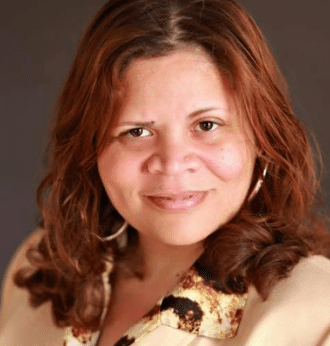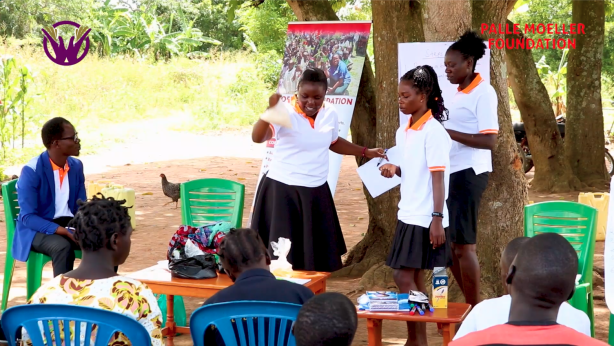Tearing Down Strongholds
“Where justice is denied, where poverty is enforced, where ignorance prevails, and where any one class is made to feel that society is an organized conspiracy to oppress, rob, and degrade them, neither persons nor property will be safe.” ~ Frederick Douglass
Stigmas exist in every society. They are the underlying motivation behind how we think, behave, and navigate our worlds. Stigmas related to gender, race, socioeconomic class, and age are common groups impacted by negative beliefs in society. The impact of the “marks of disgrace” imposes limitations on these groups that make them vulnerable to discrimination. The way we speak and interact with others often reinforces common beliefs and misconceptions surrounding people who may look, think, or act differently than us. These misconceptions lie deep within the recesses of our minds. Consider this definition given by Wikipedia, a social stigma is a disapproval of or discrimination against a person based on perceivable social characteristics that serve to distinguish them from other members of a society.
Africa is no exception to the impact of stigmas. The dictionary defines stigmas as a mark of disgrace associated with a particular circumstance, quality, or person. In Africa, people hold strong beliefs and misconceptions surrounding women, women’s reproduction, and HIV/AIDS. For example, women around the globe are subjected to Forced Sterilization because they live with a disability (Human Rights Watch). It is enforced as a means of population control and is a violation of women’s rights. Forced sterilization occurs when a person is sterilized after expressly refusing the procedure without her knowledge or is not given an opportunity to provide consent (Human Rights Watch). A national survey was done in Africa to measure the impact of stigmas surrounding HIV/AIDS and women. They surveyed 10,500 women and found that 7% of women reported undergoing forced sterilization (AVERT) . Practices like these are motivated by beliefs that are deeply ingrained in the African culture.
What motivates these ideas and keeps them operating so powerfully in a society? It is fear and ignorance! Fear of the unknown can be a default response to someone or something. And because we may hold no prior knowledge on the subject, it is automatically deemed as dangerous. This is a natural response; however, it is up to us to become informed. In a community, stigmas are presented on a grand scale. The collective belief or fear about something or someone can be powerful. It can be reflected in how the group acts or responds to others they deem as different. It can be passed down through generations. So much so that people no longer remember the reason behind the practice; they just enforce it. Unfortunately, the impact of stigmas is perceived by those who hold the “mark of disgrace.” However, it is in our power to change this.
Teaching the Word of God and educating ourselves about the unknown can lift the stronghold of stigmas in a community. In Psalms 139:15 of the bible, David is singing praises unto God, saying, “I am fearfully and wonderfully made.” We are distinctly and uniquely created in His image. He made no mistakes on us. As we work to break the strongholds of stigmas, it necessary to view each other through the eyes of Christ. To view each person as a unique creation worthy of being honored and respected.
Together as a collective unit, we can turn the tide of stigmas by educating ourselves in the unknown. Fear can be a great motivator, or it can be a deterrent. Use the opportunity to become well informed about the circumstance that has sparked fear. Become aware of the behavior and attitudes held by yourself and your community. As you learn to implement the knowledge gained from your study into your own life, begin to share it with others.
When we overcome our fears, together, we can empower people and change the trajectory of their life. When we operate in God’s Love, we can break strongholds and empower nations to see others through the eyes of God. Gateway 2 Missions is committed to the ministry of God’s Love and the tearing down of strongholds that limit people from reaching their full potential.
*Pictures represent groups impacted by stigmas, not a reflection of people affected by the issues mentioned in this blog post.
References
AVERT. 11 June 2015. https://www.avert.org/news/south-africa-women-still-carry-burden-stigma. 22 June 2021.
Human Rights Watch. 10 November 2011. https://www.hrw.org/news/2011/11/10/sterilization-women-and-girls-disabilities#. 22 June 2021.






